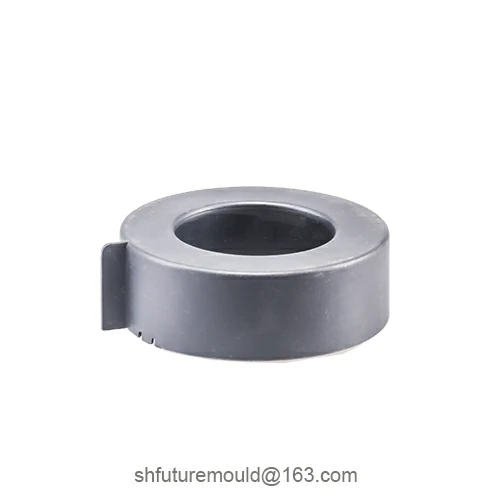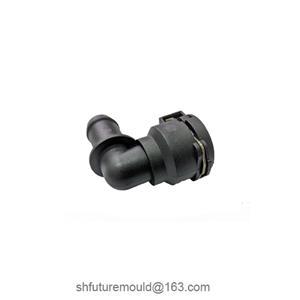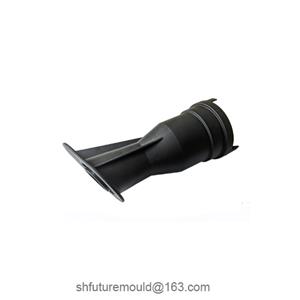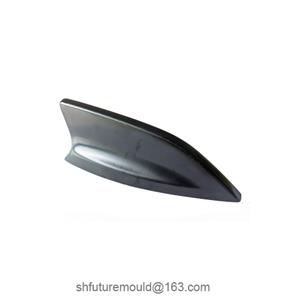How to Remove Residual Material from a Plastic Injection Mold Gate
During the injection molding process, it's common for the gate (the small opening where the molten plastic enters the mold cavity) to break off and remain in the mold. Here are some methods to remove this residual material:
1. Tool Methods:
Copper rod: Choose a copper rod slightly smaller in diameter than the gate. Tap the copper rod with a hammer to loosen the material, then use pliers or tweezers to remove it.
Screwdriver: Use a screwdriver instead of a copper rod, but be careful not to damage the mold.
Needle-nose pliers: Extend the needle-nose pliers into the gate, clamp the material, and pull it out.
Self-tapping screw: Choose a self-tapping screw smaller than the gate, screw it into the material, and then use pliers or a wrench to pull it out.
2. Heating Methods:
Torch: Heat the material with a torch to soften it, then remove it with a tool.
Heater: Use a heater (such as a heat gun) to soften the material, then remove it with a tool.
3. Chemical Methods:
Solvent: Apply a solvent (such as acetone) to the material to dissolve it, then remove it with a tool.
Lubricant: Spray some lubricant on the material to make removing it easier.
When using these methods, please note the following:
Safety first: Avoid injury.
Choose the appropriate tools and methods: Avoid damaging the mold.
Pay attention to temperature and time when heating: Avoid excessive heating that could cause the mold to deform or damage.
When using chemical solvents, pay attention to ventilation and fire prevention.
After removing the material, clean the mold promptly to prevent residual material from affecting the next injection.
- Injection Mold
- Automotive Injection Mold
- Electronics & Electrical Injection Mold
- Consumer Goods Injection Mold
- Airplane Components Injection Mold
- Medical Components Injection Mold
- Irrigation Components Injection Mold
- Injection Molds




